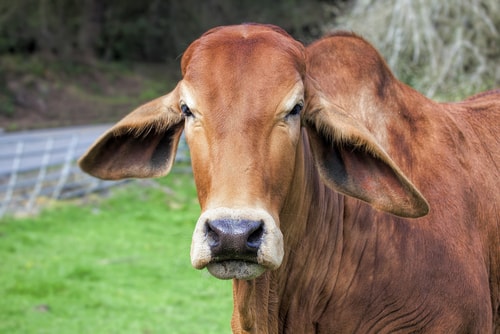Investment equals more than $200,000
By Diego Flammini, Farms.com
In an effort to ensure the health and safety of cattle arriving at auctions and abattoirs, the Canadian government is investing in Alberta Farm Animal Care (AFAC).
"Alberta Farm Animal Care is grateful for the support provided through the Growing Forward 2 AgriMarketing Program,” said Angela Greter, Executive Director of Alberta Farm Animal Care. “This project is focused on determining where we are at with our cattle transport protocols, identifying risk factors that may affect animals during transport, and communicating effectively with stakeholders across the cattle value chain. This funding will help us to be proactive in ensuring optimal health and welfare for cattle throughout their lives."
The investment, estimated to be more than $268,000, will be used to develop a report; the report will be used to improve management strategies for current and future animal health care issues.

“Our Government is taking a full “gate-to-plate” approach to animal welfare to respond to consumer concerns, and open up new marketing opportunities for producers and the whole value chain,” said John Barlow, Member of Parliament for Macleod, Alberta. “This investment will help improve management strategies to allow for the proper care and assessment of cattle before they enter the food supply chain.”
The Canadian cattle industry continues to be the biggest source of farm cash receipts.
In 2014, receipts from Alberta totaled $4.8 billion while Canada as a whole totaled $9.7 billion.
Since 2009, the Canadian government has invested more than $5 million aimed at updating and developing new codes of practice, complete animal assessments on the farms and promote the Canadian approach to animal care.